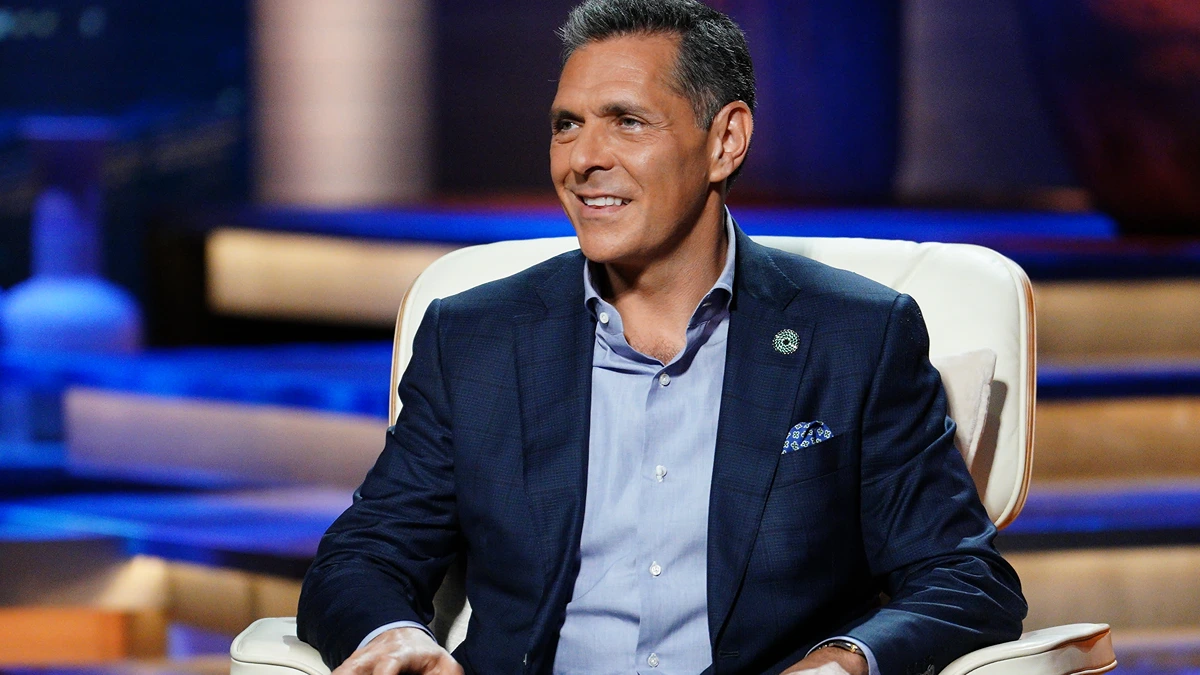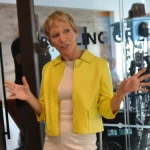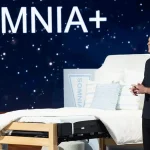
In the month of October 2025, Stanford University revealed a new initiative. Moreover, that signals a transition in how the universities handle disagreements, dialogues and citizenship.
It is a generous offer from Daniel Lubetzky, an entrepreneur, KIND Snacks founder, a TV personality on Shark Tank and Stanford Law alumnus. The Builders Forum of Stanford University is a speaker series held quarterly. Moreover, it is designed to host constructive conversations across different domains.
The Genesis: Why This Matters
Lubetzky’s motivation for launching the Builders Forum is rooted in his life story. The son of a Holocaust survivor, he said that from a young age, he saw what happens when societies break down.
Additionally, he said, distrust takes hold and people stop talking to each other. He pointed to his time at Stanford Law School as a young advocate for certain viewpoints. Thus, he realized that talking past people wasn’t going to solve issues.
That realization informed his life’s work, from his early social-entrepreneurial efforts, which he founded Peaceworks Foundation in the Middle East. Furthermore, building KIND Snacks into a global brand with a mission to uplift. His view: bridging divides is not just moral, but practical.
In fact, Stanford itself has been leaning into this work. Hence, Launched an initiative, ePluribus Stanford, by Provost Jenny Martinez.
The aim was to “revive Stanford’s core mission to prepare students for meaningful, engaged civic life” by promoting listening, along with difference-navigation and civic agency. The Builders Forum became a flagship of that structure.
What Is the Stanford Builders Forum?
Here’s how the speaker series is structured and what it aims to do:
- Speaker events: The very first event was scheduled for October 8th, bringing Daniel Lubetzky to the stage. Along with Provost Martinez and Jamil Zaki in a panel named “Curiosity, Courage, and College.”
- Named for Lubetzky’s Builders Movement: The forum aligns with his nonprofit, Builders Movement, which he co-founded to counter polarization through storytelling and social media partnerships.
- Anchored in four dispositions: The Builders Mindset emphasizes curiosity, compassion, courage and creativity. These values guide the selection of speakers and the design of conversations.
- Integration with curriculum: Lubetzky’s gift also supports the endowment of a faculty fellow in Civic, Liberal, and Global Education (COLLEGE)—Stanford’s first-year course requirement. The series is part of the broader framework to instill civic skills.
Why This Is Timely
In an era of heightened polarization, campuses face increasing pressures: cancelled speakers, student protests, mis- or disinformation, and declining trust across ideological lines. Stanford’s own reporting emphasises that disagreement isn’t a bug—it’s a feature of democratic life—but only if it’s managed well.
Lubetzky’s intervention is more than philanthropic branding. It reflects a belief that institutions must actively teach how to disagree—how to listen, ask questions and build bridges.
As former dean, Jamil Zaki, who is a psychology professor known for his research work on empathy, said, “Treat conversations less like debates, and more like mutual interviews.”
What Happened at the Opening?
At the debut event held in the first week of October, the panel moderated by Dean Debra Satz reflected deep personal and professional exchanges.
As a result, Daniel Lubetzky shared reflections on his father’s survival, his migration, and the way he entered Stanford Law with an “advocate identity.” However, he came to see value in forming alliances across differences.
Moreover, Martinez discussed her experience in defending free speech on campus, citing a previous incident. Therefore, supporting a conservative speaker brought backlash and framed it as a teachable moment about constitutional values and institutional courage.
Zaki offered insight into how we can shift from noisy argumentation to genuine connection by stating, “We’re scared that if we open up, we will be censured. I think one way is to establish that those conversations are what the vast majority of us want more of.”
Key Takeaways for Students & Practitioners
Here are the key takeaways for students and practitioners.
1. The muscle of disagreement matters
Satz noted: “The ability to talk with others who disagree with us in terms of mutual respect is a ‘muscle’; it needs to be exercised or it can atrophy.” The Forum is effectively a training ground for that muscle.
2. Curiosity beats correction
Instead of seeking to “win the argument”, the Forum emphasizes asking questions, showing vulnerability, and acknowledging nuance. That matters in business, policy, leadership, and everyday life.
3. Dialogue isn’t neutral—it’s strategic
Lubetzky’s background in social enterprise and business hints at why: bridging differences creates value, be it new markets, new insights, or new collaborations. Civil discourse isn’t just ethical, it’s entrepreneurial.
4. Institutional support fuels change
The success of such a series depends not just on one event, but on the integration of values into the curriculum (COLLEGE), faculty support, and an ecosystem (ePluribus) to sustain momentum.
5. Individuals make a difference
The fact that a private individual, Lubetzky, chose to underwrite this shows how leadership matters. At scale, systemic change often starts with personal investment and credibility.
What’s Next?
The Builders Forum of the university has planned to choose speakers in each quarter. Thus, ultimately bringing in external speakers who have conflict in high-stakes contexts.
Furthermore, with time, the objective is not only to talk about civil disagreements, but rather to promote their practice. Hence, equipping students for leadership in a pluralistic world.
Lubetzky’s network—through the Builders Movement and his entrepreneurial ecosystem—offers natural partners and pathways for impact. Dan Edelstein, the faculty director of COLLEGE, noted that this expands ePluribus Stanford’s reach beyond the campus into broader dialogue.




















